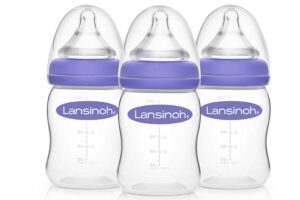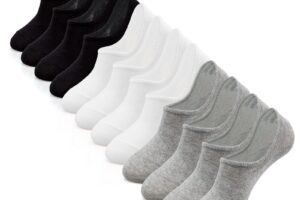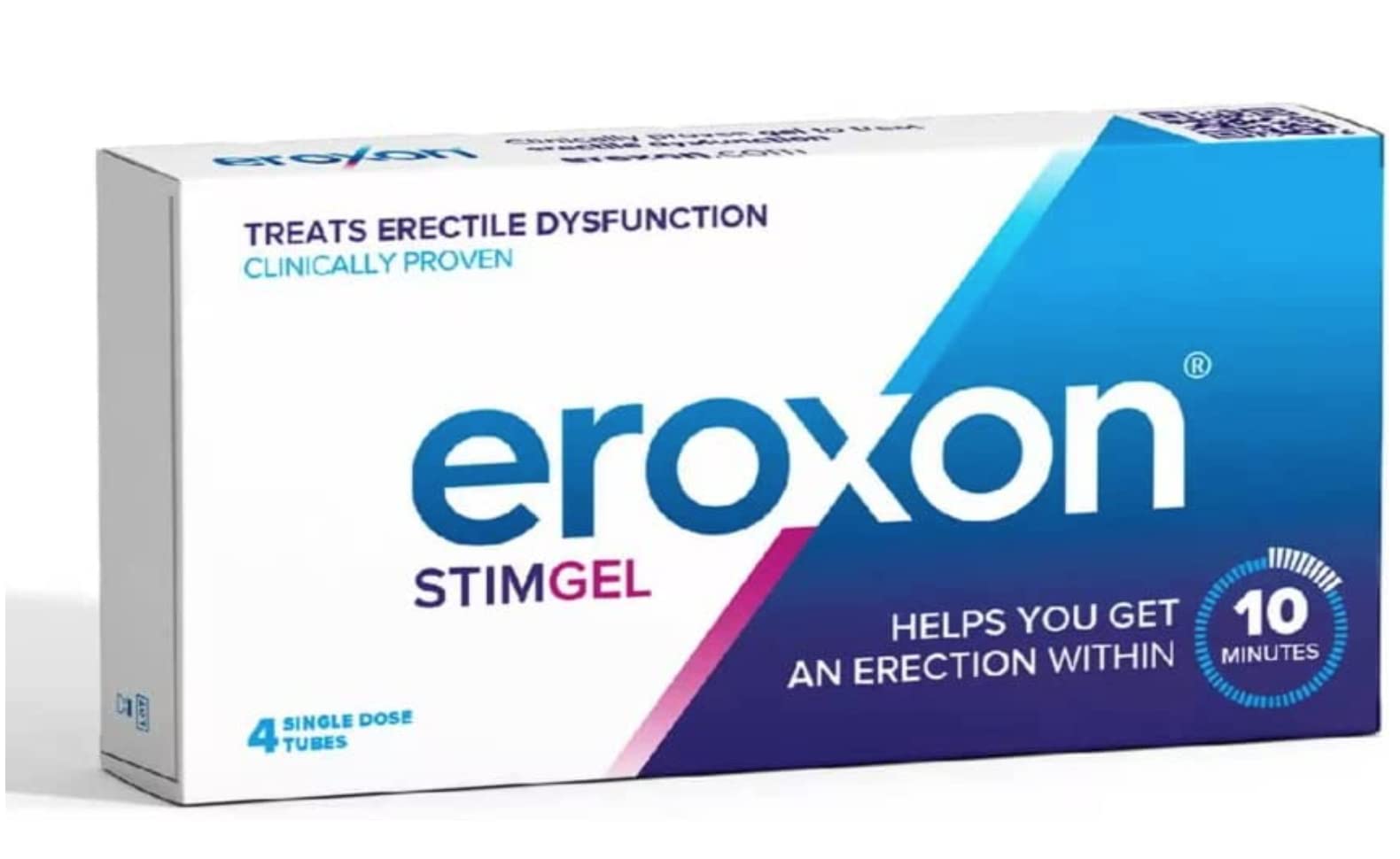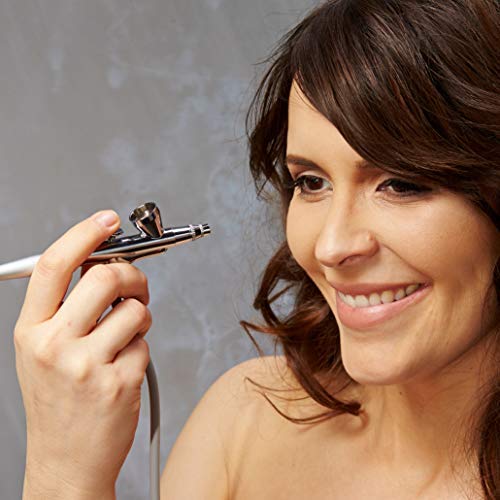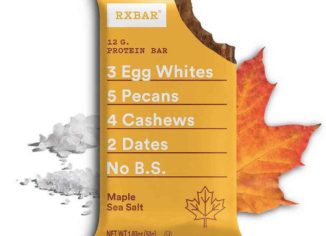Alcohol consumption is a common part of social gatherings and celebrations. However, for people with diabetes, it can be a challenge to manage their blood sugar levels while enjoying a drink. One question that often arises is whether alcohol sugar is bad for diabetics.
Alcohol is not a carbohydrate and does not contain sugar. However, some alcoholic beverages do contain sugar or carbohydrates that can affect blood sugar levels. For example, sweet wines, liqueurs, and mixed drinks with sugary mixers can cause a spike in blood sugar levels.
It is important for people with diabetes to monitor their alcohol intake and choose drinks that are lower in sugar and carbohydrates. In this article, we will explore the relationship between alcohol and blood sugar levels, as well as provide tips for managing alcohol intake for people with diabetes.
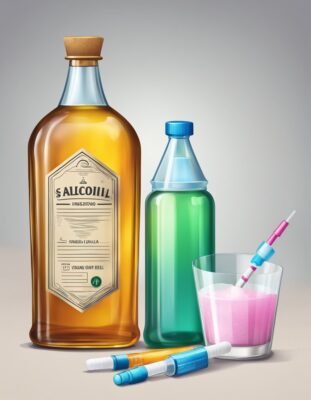
Understanding Diabetes
Diabetes is a chronic condition that affects how the body processes blood sugar (glucose). There are two main types of diabetes: type 1 and type 2.
Types of Diabetes
Type 1 diabetes is an autoimmune disease that occurs when the body’s immune system attacks and destroys the insulin-producing cells in the pancreas. This results in the body not being able to produce enough insulin to regulate blood sugar levels.
Type 2 diabetes is a metabolic disorder that occurs when the body becomes resistant to insulin or doesn’t produce enough insulin to regulate blood sugar levels. This is often linked to lifestyle factors such as obesity and lack of physical activity.
Symptoms and Diagnosis
The symptoms of diabetes can include frequent urination, excessive thirst, increased hunger, blurred vision, and fatigue. However, many people with type 2 diabetes may not experience any symptoms at all.
Diabetes is diagnosed through a blood test that measures blood sugar levels. A fasting blood sugar level of 126 mg/dL or higher indicates diabetes.
Management and Treatment
The management and treatment of diabetes involves controlling blood sugar levels through a combination of medication, diet, and exercise. For type 1 diabetes, this often involves insulin injections or the use of an insulin pump. For type 2 diabetes, medication such as metformin may be prescribed.
A healthy diet and regular exercise are also important for managing diabetes. This can help improve insulin sensitivity and regulate blood sugar levels. It’s also important for people with diabetes to monitor their blood sugar levels regularly and to work closely with their healthcare team to develop a personalized treatment plan.
What is Alcohol Sugar?
Alcohol sugars, also known as polyols, are a type of carbohydrate that are commonly used as sugar substitutes in processed foods. They are found naturally in some fruits and vegetables, but are typically derived from sugar through a chemical process.
There are several types of alcohol sugars, including xylitol, sorbitol, and erythritol. These substances are often used in sugar-free and low-carbohydrate products, as they have fewer calories than regular sugar and are not metabolized by the body in the same way.
Despite their name, alcohol sugars do not contain alcohol and are not intoxicating. However, they can cause digestive issues in some people, such as bloating and diarrhea, if consumed in large quantities.
For diabetics, alcohol sugars can be a viable alternative to regular sugar, as they do not cause spikes in blood sugar levels. However, it is important to note that they still contain calories and can contribute to weight gain if consumed excessively. It is recommended that diabetics consult with a healthcare professional before incorporating alcohol sugars into their diet.
Effects of Alcohol Sugar on Blood Sugar Levels
Short-Term Effects
Consuming alcohol sugar can have an immediate effect on blood sugar levels in diabetics. Alcohol sugar is a type of carbohydrate that is not fully absorbed by the body. As a result, it does not raise blood sugar levels as quickly as regular sugar. However, it can still cause a spike in blood sugar levels if consumed in large amounts.
Furthermore, alcohol sugar is often found in foods that are high in calories and low in nutrients. These foods can cause weight gain, which can make it more difficult for diabetics to manage their blood sugar levels.
Long-Term Effects
Over time, consuming large amounts of alcohol sugar can have negative effects on the health of diabetics. One study found that consuming more than 50 grams of alcohol sugar per day was associated with an increased risk of developing type 2 diabetes.
Additionally, consuming alcohol sugar can lead to a condition called non-alcoholic fatty liver disease (NAFLD). This condition is characterized by the accumulation of fat in the liver, which can lead to liver damage and other health problems.
In conclusion, while alcohol sugar may not raise blood sugar levels as quickly as regular sugar, it can still have negative effects on the health of diabetics over time. It is important for diabetics to limit their consumption of alcohol sugar and to focus on consuming nutrient-dense foods to manage their blood sugar levels.
Alcohol Sugar and Diabetes Management
Diabetes is a chronic disease that affects how your body processes blood sugar (glucose). When managing diabetes, it is important to pay attention to the types of foods and drinks consumed, including those that contain alcohol sugars.
Potential Benefits
Alcohol sugars, also known as sugar alcohols, are a type of carbohydrate that can be found in certain foods and drinks. They are commonly used as a sugar substitute because they are lower in calories and do not raise blood sugar levels as much as regular sugar.
For people with diabetes, alcohol sugars can be a helpful alternative to regular sugar. They can be used in moderation to sweeten foods and drinks without spiking blood sugar levels. Some studies have also suggested that alcohol sugars may have a beneficial effect on blood sugar control and insulin sensitivity.
Potential Risks
While alcohol sugars may have some potential benefits for people with diabetes, they also come with some potential risks. Consuming too much alcohol sugar can lead to digestive issues such as bloating, gas, and diarrhea. Additionally, alcohol sugars can still contribute to calorie intake and may not be as satisfying as regular sugar, leading to overconsumption.
It is important for people with diabetes to be mindful of their alcohol sugar intake and to use them in moderation. Checking food labels and consulting with a healthcare provider can help ensure that alcohol sugars are being used safely and effectively in diabetes management.
Alternatives to Alcohol Sugar for Diabetics
For diabetics who want to satisfy their sweet tooth, there are several alternatives to alcohol sugar that are safe and healthy. Here are some options:
Natural Sweeteners
Natural sweeteners like Stevia, monk fruit, and erythritol are great alternatives to alcohol sugar because they don’t raise blood sugar levels and have zero calories. They can be used in baking, cooking, and beverages.
Sugar Alcohols
Sugar alcohols like xylitol, sorbitol, and mannitol are low-calorie sweeteners that are often used in sugar-free products. They have a lower glycemic index than regular sugar, which means they don’t cause a rapid increase in blood sugar levels.
Low-Glycemic Index Sweeteners
Low-glycemic index sweeteners like agave nectar, honey, and maple syrup are also good alternatives to alcohol sugar. They have a lower glycemic index than regular sugar, which means they don’t cause a rapid increase in blood sugar levels.
Fruit
Fruit is a great natural sweetener that is packed with vitamins, minerals, and fiber. Diabetics can enjoy fresh fruit or use it in recipes to add sweetness without the need for alcohol sugar.
Conclusion
There are many alternatives to alcohol sugar that diabetics can enjoy without compromising their health. By choosing natural sweeteners, sugar alcohols, low-glycemic index sweeteners, and fruit, diabetics can satisfy their sweet tooth without worrying about their blood sugar levels.
Conclusion
In conclusion, alcohol sugar can have negative effects on diabetics. It can cause a spike in blood sugar levels and lead to complications such as nerve damage, kidney disease, and eye problems. However, not all alcohol sugars are created equal, and some may be safer for diabetics to consume in moderation.
It is important for diabetics to monitor their blood sugar levels closely and consult with a healthcare professional before consuming any alcohol sugar products. They should also be aware of the potential risks and benefits of consuming alcohol sugar and make informed decisions based on their individual health needs.
Overall, while alcohol sugar may provide a sweet alternative to traditional sugar, diabetics should be cautious when consuming it and prioritize their health above all else.
Frequently Asked Questions
Can diabetics consume sugar alcohol?
Yes, diabetics can consume sugar alcohol as an alternative to regular sugar. However, it is important to note that sugar alcohol still contains calories and can affect blood sugar levels.
What are the effects of sugar alcohol on blood sugar levels?
Sugar alcohol has a lower glycemic index than regular sugar, which means it does not cause a rapid increase in blood sugar levels. However, it can still affect blood sugar levels and should be consumed in moderation.
Is erythritol safe for diabetics?
Yes, erythritol is safe for diabetics. It is a sugar alcohol that does not affect blood sugar levels and has a low glycemic index.
What are some examples of sugar alcohol?
Some examples of sugar alcohol include erythritol, xylitol, sorbitol, and mannitol.
What are some recommended sweets for diabetics?
Diabetics can consume sweets in moderation, but it is important to choose sweets that are low in sugar and carbohydrates. Some recommended sweets for diabetics include sugar-free candy, dark chocolate, and fruit.
Is sugar alcohol a good option for weight loss?
Sugar alcohol can be a good option for weight loss as it contains fewer calories than regular sugar. However, it is important to consume it in moderation as excessive consumption can lead to digestive issues.


